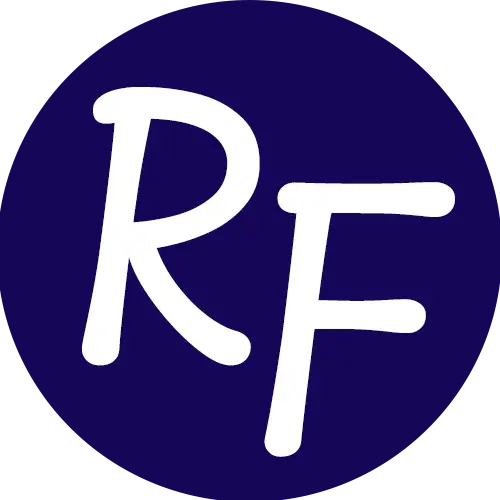In my opening statement at the Future of Music, Copy Rights or Wrongs panel I talked about the nature of the shift occurring in the music industry.
The music industry is shifting from being a business associated with CD sales to the virtual world of digital singles, consumers with multiple music devices, and a society that increasingly believes that recorded music should be free.
The shift to virtual music is so profound, that it is cracking the very foundations of the recording industry. The recording industry should be fighting for survival by adopting new, innovative ways to make money. And, it should be doing this as rapidly as possible. In reality, the recording industry can’t embrace the digital world fast enough. Instead, it is trying to slow the rate of change by changing copyrights into copy wrongs.
One of the examples I spoke of was how copyright law was being manipulated through proposed legislative changes as well as by RIAA lawsuits. The idea of “fair use” has been with us for many years and has been an integral component of property and copyright laws. It is now under attack. If the recording industry gets its way we may see fair use completely eliminated.
What does this mean? We may be forced to purchase separate copies of every song for every device we own. This would mean If your household owns five iPods, you would buy five copies of each song.
Only yesterday, at the RIIA lawsuit underway in Duluth, Sony BMG’s chief anti-piracy lawyer was asked if it was wrong for consumers to make copies of music which they have purchased, even just one copy. She replied, “When an individual makes a copy of a song for himself, I suppose we can say he stole a song.” Making “a copy” of a purchased song is just “a nice way of saying ‘steals just one copy’,” she said.
I agree that the recording industry’s value proposition is under attack by the technology industry and in some cases has been completed hi-jacked. Current copyright laws may not be enough to protect “virtual” music. The answer, however, is not to change the laws or shackle technology innovation. There are still many more ways to make money from music.
We must start by incorporating technology into the business model itself. Instead of trying to maintain an existing business model through lawsuits and legislation, I propose the recording industry and the technology industry work as one in developing a new and successful business model. Until this happens we will continue to see a disenfranchised consumer, technology innovation that abuses copyright and plummeting record sales.




